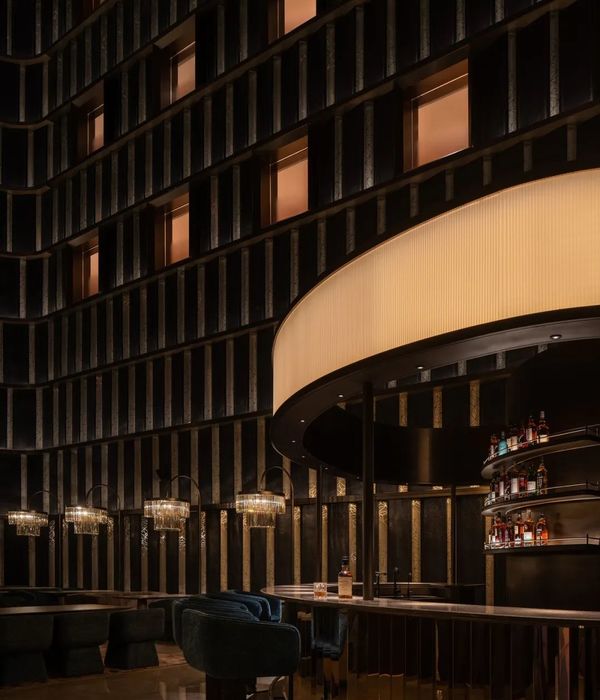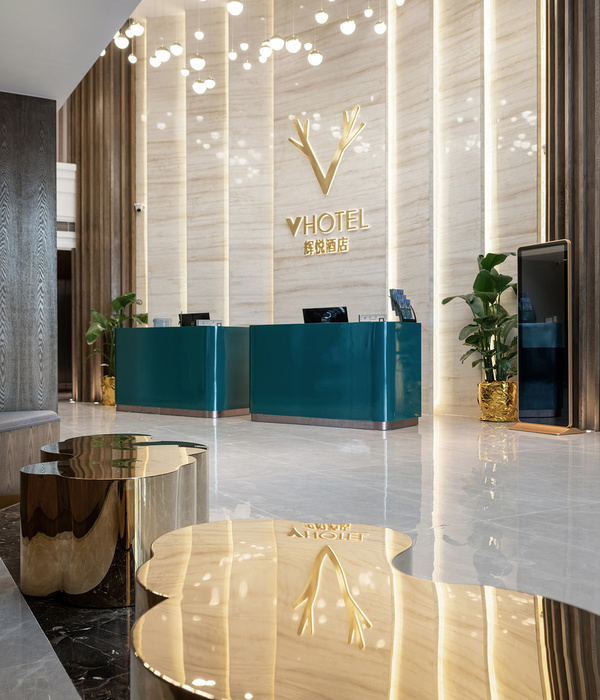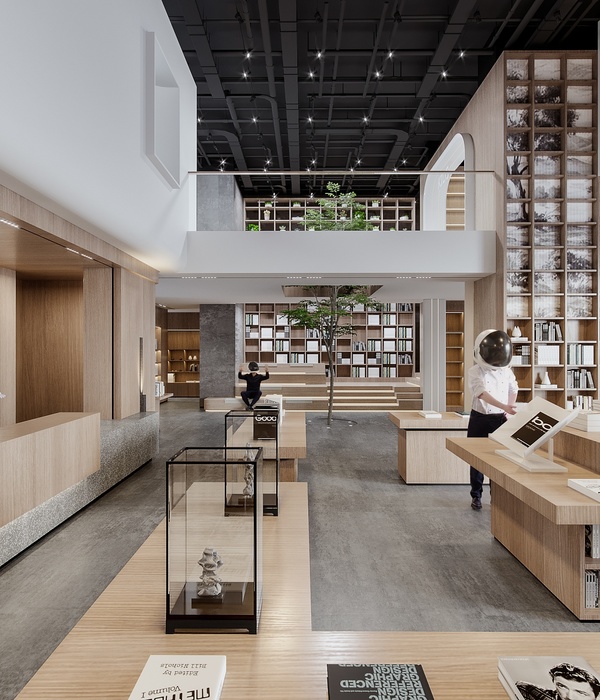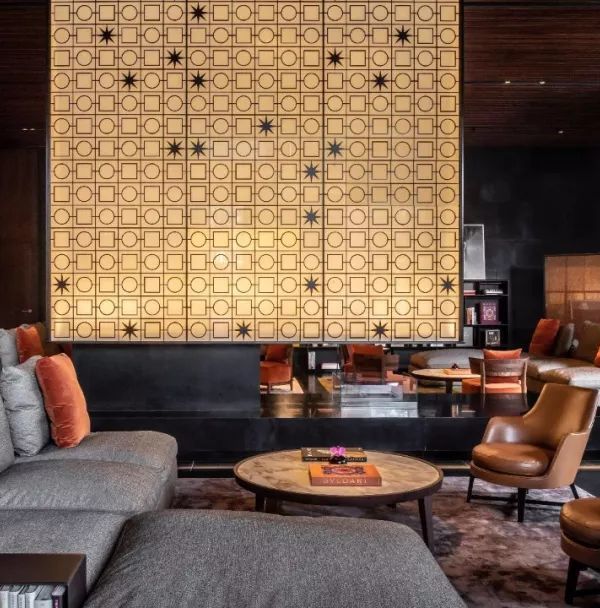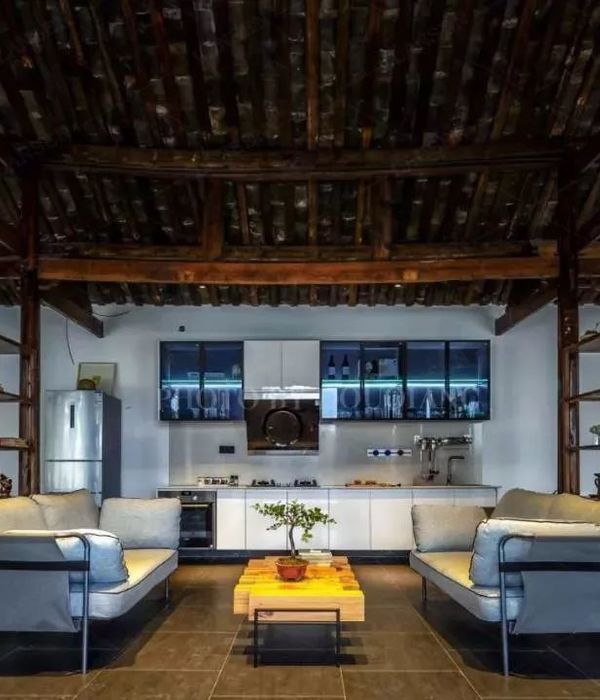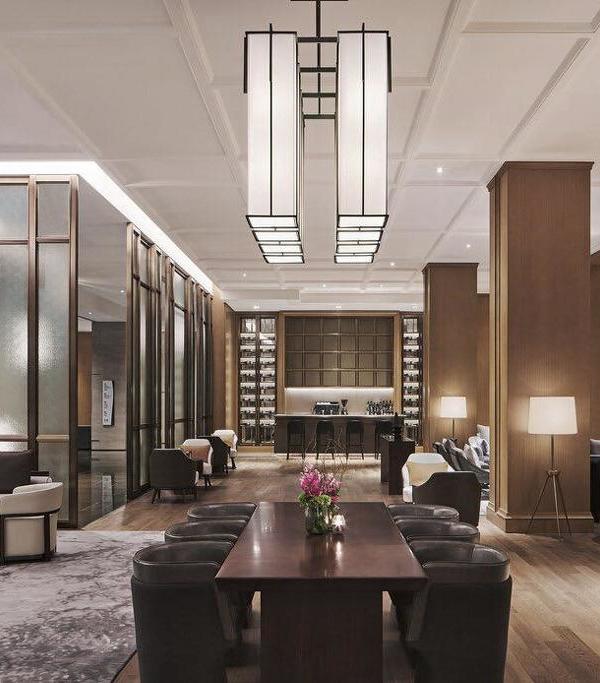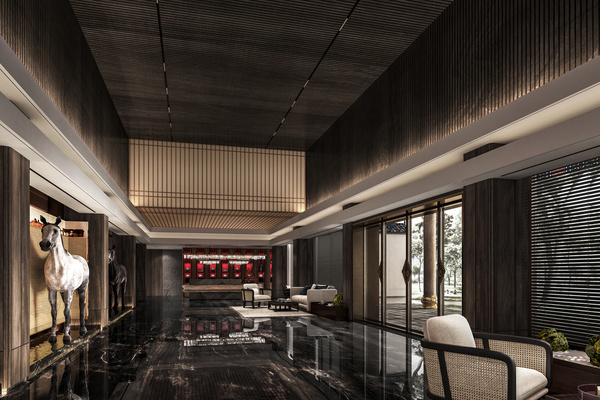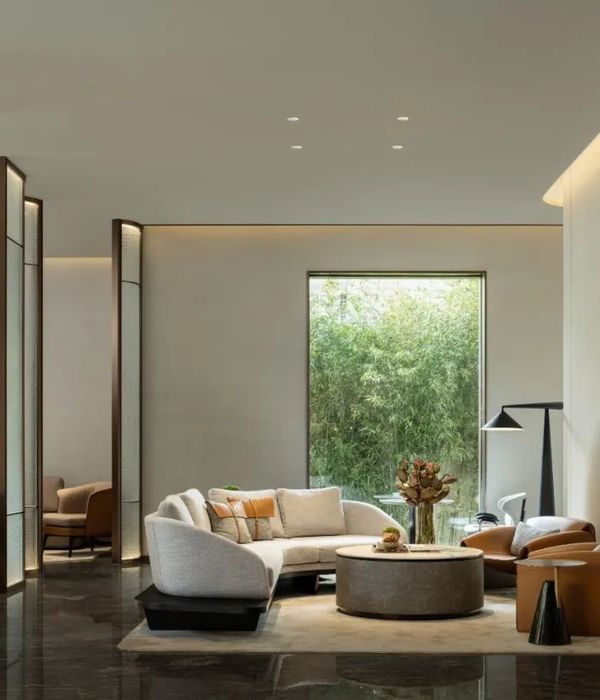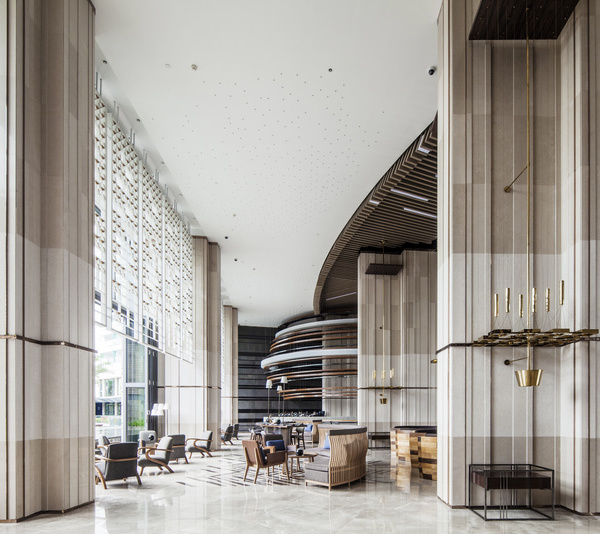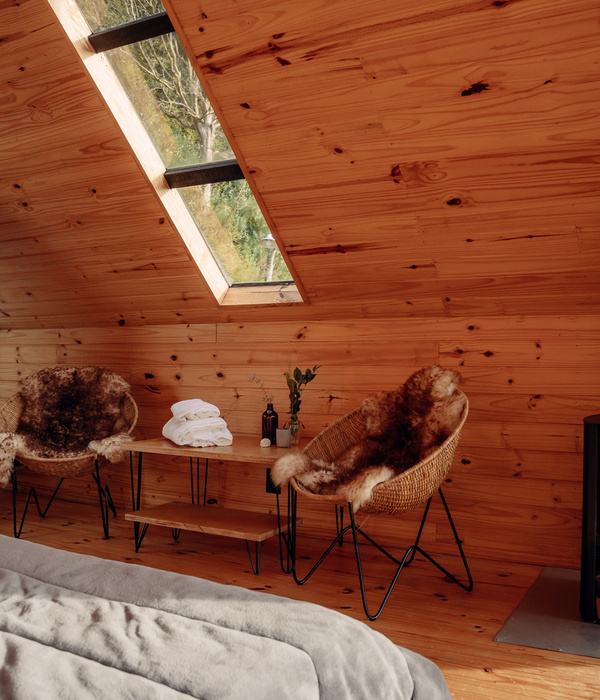Location: Wuhan, Hubei province, China
Date: 2020-2021
Planning area: 66700m2
Floor area: 200m2
Project Name: Wiki World Natural Camp
Architect: Mu Wei, Zhang Yingchun, Wu Baorong, Feng Zhaoxian, Pan Yanjun, Li Jiaqi
Structure: Pre-fabricated timber
Construction: Wiki World
Wood supplier: Glue laminated wood from Finland by Nantong Jiazhu Ltd
Isolations: Rothoblaas, Italy
Photo by: Wu Ting, Pan Yanjun
Wiki World Natural Camp
Located on the outskirts of Wuhan, the Wiki World Natural Campsite is a rural practice teaching base and research camp joint by universities to serve rural revitalization and sustainable development.
The project occupies an area of approximately 666㎡, using the tourism land and facilities in the site to arrange the dotted public classrooms, prefabricated wooden houses and natural building construction areas.
The Wiki World Natural Camp also offers the ultimate Northern European wild living experience, and will recruit citizens to join the natural architecture courses. We hope to provide such a site, so that more people can find a way to return to nature.
Build naturally
Wiki World continues the natural construction concept, we retain every tree in the site, keep the path and texture of the original woodland and farmland, all the cabins are self-developed prefabricated wooden structure, built together by the team and the user.
Natural buildings can be built like Lego. Little cabins, like building blocks, were placed in the forest. We stick to the original wild wood construction technique that we hand fired the façade of the carbonized wood boards. The cabins are all connected by small metal components that can be repeatedly assembled.
We try to create a precise relationship between the cabins and the environment in the forest. Each wooden cabin is elevated above the ground, and no walls or artificial landscapes are used. Nature is the best package.
Natural habitat- Wild home and 8m2
"You can settle down anywhere you like, if you want to."
- The Color of the Cabin
We built a lot of interesting cabins, and we yearn for the opportunity to live in nature after the COVID-19.
我们需要一个容器,它最好是木头的,很温暖,可以赤脚在房间里打转,坐下来看窗外的秋叶落下,自然将我们包裹,我觉得回到了生命的原点。
We need a container, it'd better be made of wood, very warm, we can walk around the room barefoot, sit down to watch the autumn leaves fall out of the window, nature wrapped us, I feel like back to the origin of life.
It reminds me of "the Last Child in the Woods", maybe we never grow up, let’s just be willful for once with our best friends, we hope that life has the smell of leaves and the breeze on our cheeks: we want to build our own forest cabin and live together!
The cabin is small and hidden in the woods, as if it is part of nature;
The cabin is lightly placed on the earth, not a burden to nature;
Cabins are put together quickly like Lego, with many families involved.
There is the song of birds and the breeze between trees. The leaves rustled beneath my feet as I approach to the wooden cabin. There was a lonely cabin in the woods, as small as a building block, but fulfilled all our dreams of a wilderness home: the wood, the fireplace, the loft, the warm carpet under our feet.
Natural Architecture Education - Urban and Rural Co-construction
Together with French universities and the French Ministry of Culture, we create a camp with the theme of natural architecture education. In the past ten years of practice, we have completed dozens of community co-construction projects in more than ten countries around the world, and thousands of families have participated in them. In Wiki World natural campsite, we hope it is not only a static space product, but also a place to learn and build together with more friends who love architecture.
We have completed "Forest Shelter" and "Wild Milk Tea Shop" project with families. We will hold more interesting projects with more community agencies such as "Forest Bookshop” "House of Homeless Animals" and "Left-behind Children’s Classroom".
We believe that it will bring more vitality to the Chinese countryside through the interactions between urban and rural communities and physical collaborative constructions.
{{item.text_origin}}

